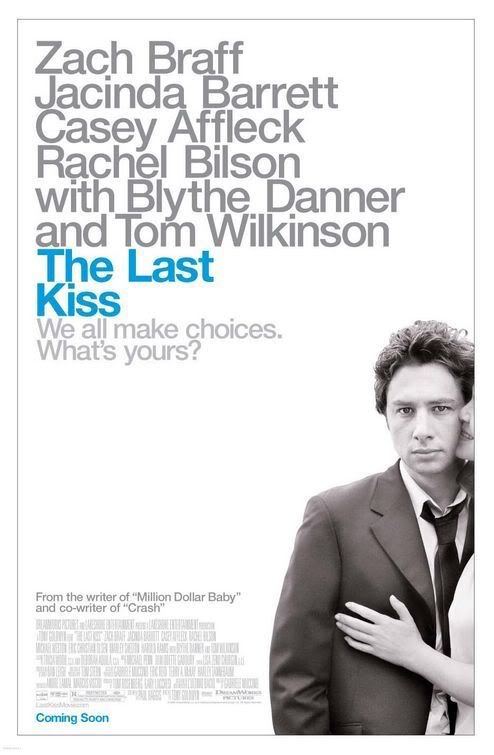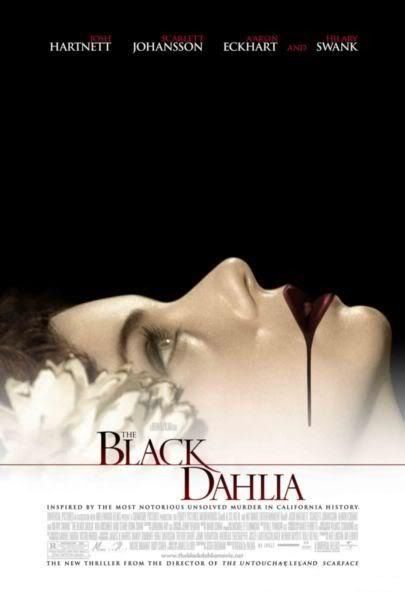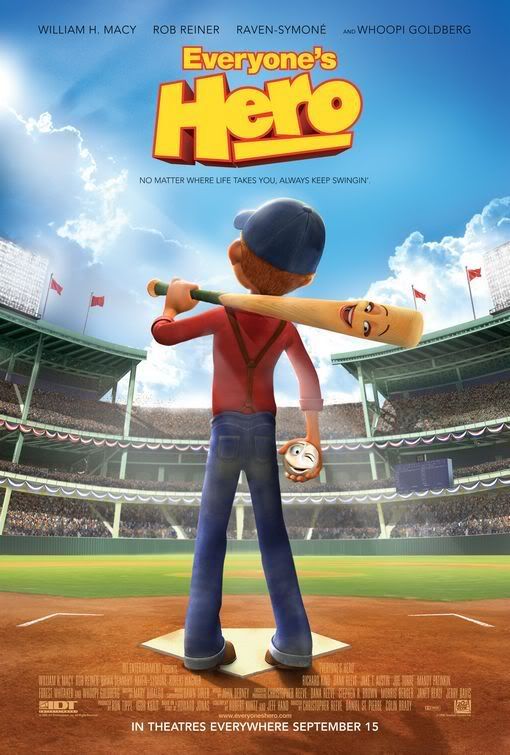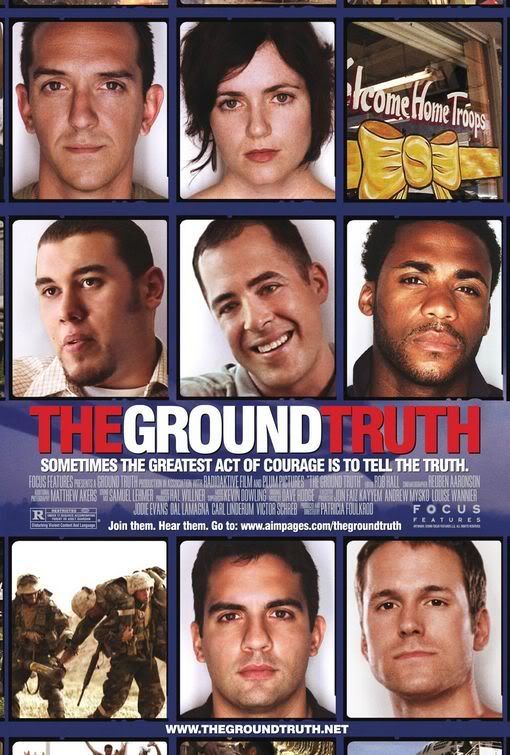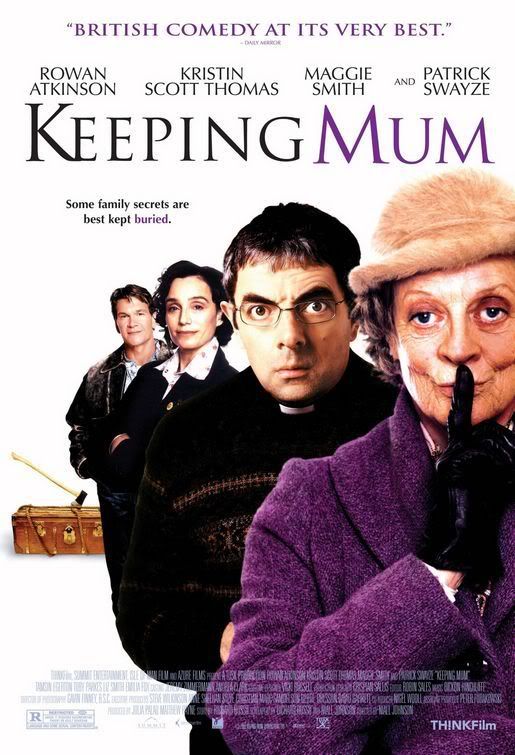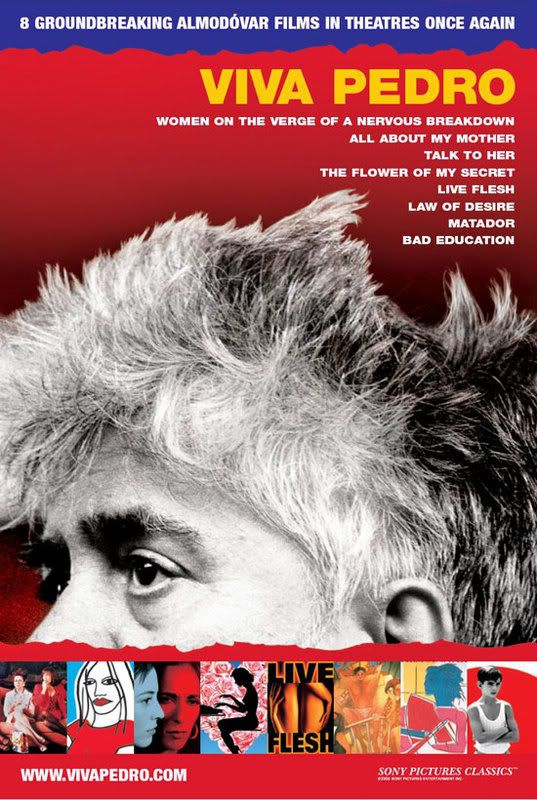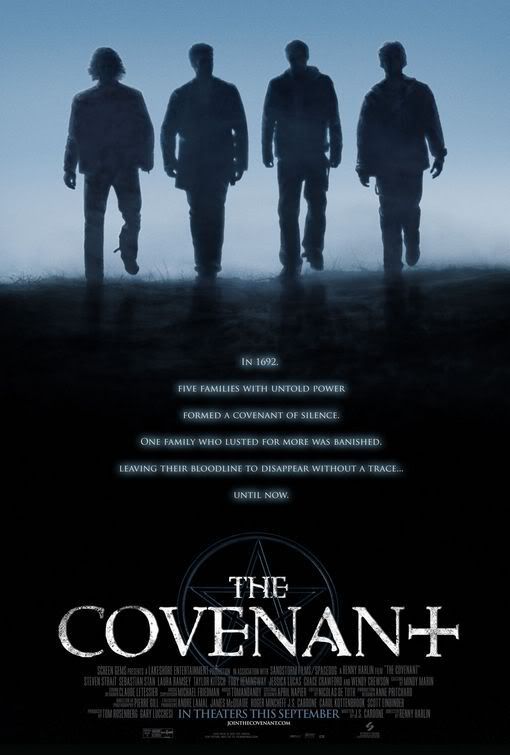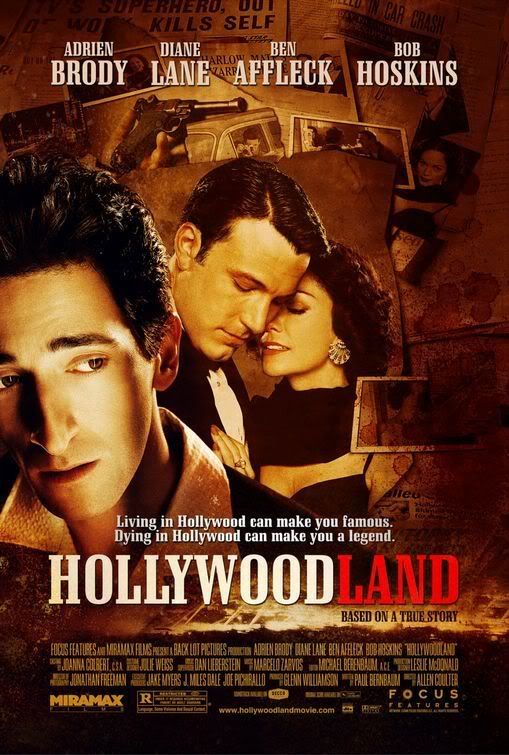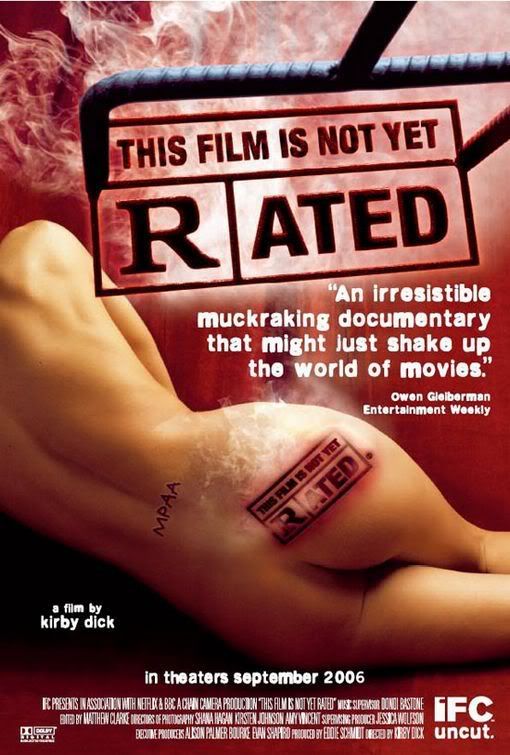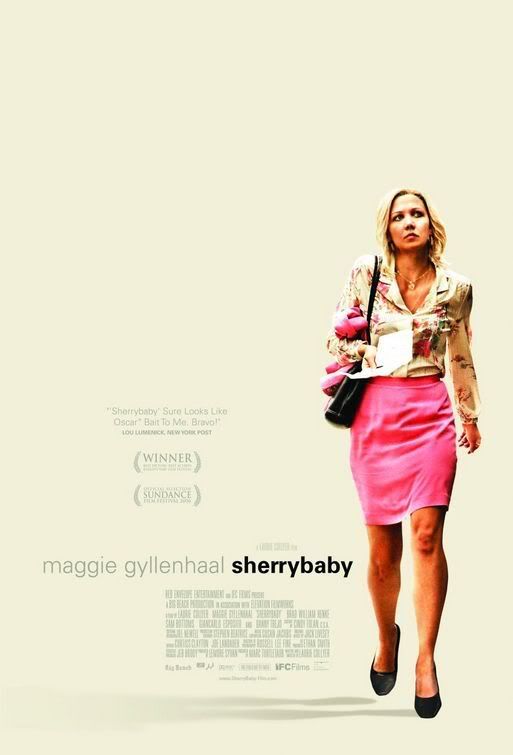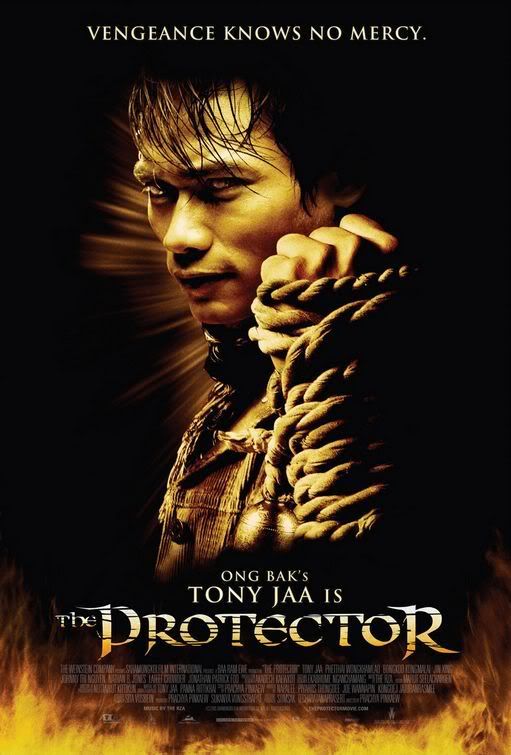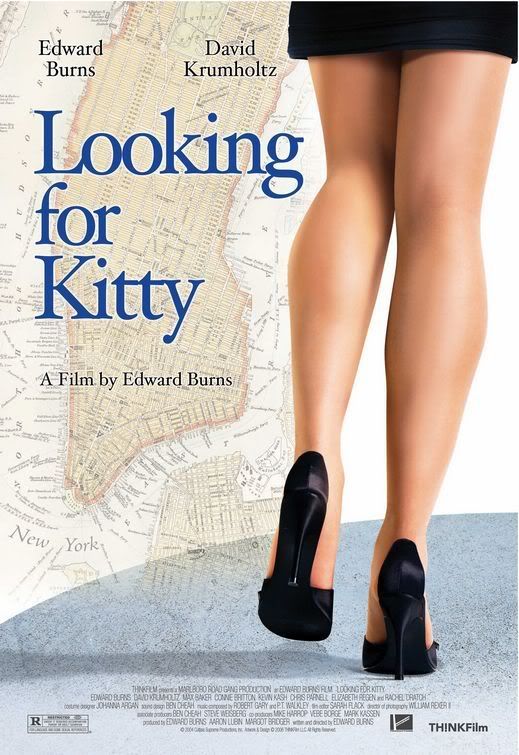The Science of Sleep
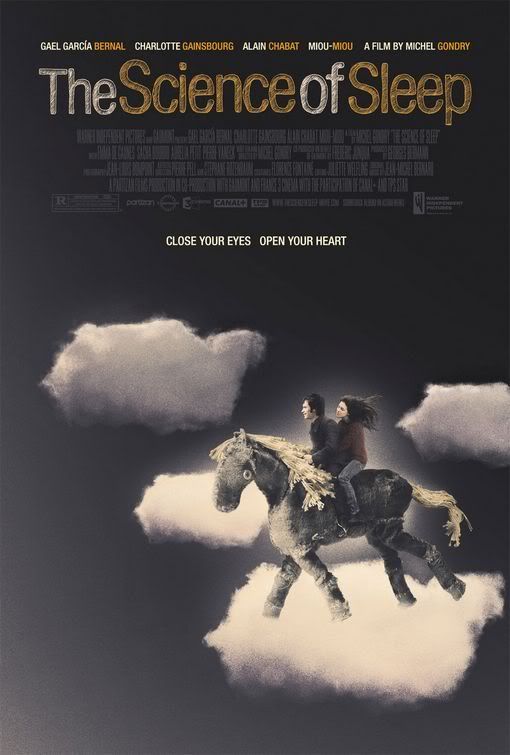 The Science of Sleep ***
The Science of Sleep ***Strangely unique, and slightly disappointing, Michel Gondry presents his follow up to the brilliant "Eternal Sunshine of the Spotless Mind." Using a similar type of formula, dreams and relationships, Gondry manages to once again form his own little world, except this time it doesn't seem quite as magical as his previous film. And thatc ould have something to do with the casting, or maybe because Gondry didn't have help with the writing from Charlie Kaufman, probably the most original writer around at the moment. Gondry penned the script himself, and I do wish he gave it to Kaufman for a rewrite. They make a good team. With Gondry's original vision, and Kaufman's original writing, "The Science of Sleep" could have been more magical than it was. However, it's still worth seeing, as once its over, it's easy to agree that you've never ever seen anything like it before, and it probably will be a long time before you ever do.
Gael Garcia Bernal takes a break from the darker roles of the past, including "Bad Education" and "The King," stars as Stephane, a young Mexican living in France in his mother's house. His father recently died, and he sleeps in his old bedroom, complete with a children's bed, and a room cluttered with his various inventions that he wants to perfect. His recent project is a one second time machine, which brings you back exactly one second in time. His mother gets him what she calls a "graphic design" job, but its really a copy and paste job at a calender company. Stephane hates his new job, and barely comes into work. He gets a new neighbor. Stephanie, and he is instantly smitten with her, and believes that she is the same. They have great times together, and are planning on creating a short animated film with cellophane as the water, and pieces of cotton as clouds. But, his happiness is not all it seems, as most of the time, Stephane is dreaming and thinks that he is awake. Since he was a little boy, he's confused dreams with reality, and he never can tell which is which. So when he takes a toy horse of Stephanie's, fiddles around with the inside until the toy is able to run, and breaks back into her house to return it, she seems him breaking into the house, but his invention of the horse was just a dream. In a different world, the two might just be perfect for each other, but Stephane's dream world just confuses everything, and makes everything much worse.
It's a hard story to explain, and at times an even harder one to watch. It could be confusing, because at times its hard to tell what is a dream and what isn't. It requires multiple viewings, and for some it'll be hard to get through even once. But I enjoyed this film. It was something very different, and the perfect remedy for film goers tired of the same old Hollywood BS. Gondry uses strange special effects, with the use of stop motion animation, which seems to be making a comeback between this and "The Life Aquatic." It's put to good use,and makes the dream sequences even odder. I've heard alot of complaint about the animation, but it's useful. People are just spoiled with state of the art special effects, that they can't take the time to just stop and enjoy the old. I've lately been watching old reruns of "Pee Wee's Playhouse," and watching the claymation there is just classic. The relationship between Stephane and Stephanie isn't as delightful to watch as "Eternal Sunshine," but the two have different morals. "Eternal Sunshine" was about staying together, throughout the good and the bad, and accepting how your partner is. Without giving anything away, "The Science of Sleep" is a much more depressing and upsetting film than the former. I left the theatre wanting to blow my brains out. And at times it is tedious, some of the characters, especially Alain Chabat who played one of Stephane's co-workers, the comic relief of much of the film, just overstayed their welcome. And it's also alot to take in. Gondry packs the script with this and that and this and that, until your head is prepared to explode. But dispite it's flaws, "The Science of Sleep" is one of the most original films I've ever seen, and I have to recommend it based on that. Maybe in quality, it deserves a lower rating, but it certainly is special, and unlike anything that has ever been seen before.
